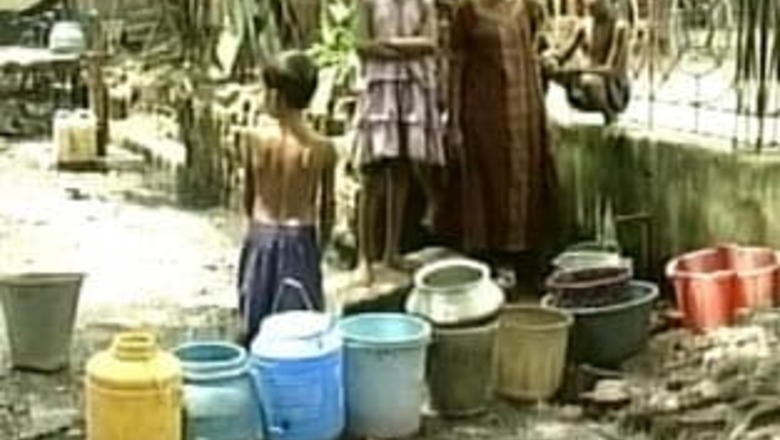
views
New York: The United Nations on Wednesday declared access to clean water a human right, voicing "deep concern" about a human necessity denied to almost 900 million people worldwide.
The 192-nation body approved a resolution put forward by Bolivia and signed by 33 other states. There were 121 votes in favour and 41 abstentions.
The resolution also calls for access to sanitation systems, currently out of reach for nearly 40 per cent of the world's population.
The decision has no legal standing, and is not part of the Universal Declaration of Human Rights. But the Assembly urged member states to offer funding, technology and other resources to increase access to clean water and sanitation for everyone.
The United States abstained from the vote, saying the resolution was a "short cut" that "may even undermine the work underway" on the issue at the Human Rights Council in Geneva.
"It was not drafted in a transparent, inclusive manner, and the legal implications of a declared right to water have not yet been carefully considered in this body or in Geneva," said John F. Sammis, a member of the US mission to the UN.
The resolution was supported nearly unanimously by developing nations. Germany also cast its vote in favour, even though it said it would have preferred a more clear guideline for responsibility in ensuring the right.
"Eight-hundred-eighty-four million people worldwide lack access to safe drinking water and over 2.6 billion people do not have access to basic sanitation," said German ambassador Peter Wittig.
"Every year, around 2 million people die from diseases caused by unsafe water and sanitation, and most of them are small children," he said.
Bolivian ambassador Pablo Solon noted that the human body consists of "two-thirds water" and the brain of "three-fourths water".
"Water is the transport and cooling system of our bodies. We can survive quite a long time without food, but only several days without water," he said. "More people die from the consequences of unclean water than the total of all deaths from AIDS, malaria and measles," he said.
Lack of sanitary installations is particularly hard on children. An estimated 1.5 million children under age 5 die every year of the consequences. Diarrhoea is the second highest cause of death in children, Solon noted.
A total of 443 million school days are lost per year because of water and sanitation related diseases, UN officials said. Solon noted that in three-and-a-half seconds, a child dies because he or she is denied access to clean water.
Passage of the right to water opened the door for an annual report to the General Assembly on the topic from Catarina de Albuquerque, the UN expert on the issue.
The goal of clean water access is part of the 2015 Millennium Development Goals, with the aim of halving the proportion of people who could not reach or afford safe drinking water compared to 2000. The goals also aim to halve the number of people who lack basic sanitation.
De Albuquerque had just finished a nine-day visit to Japan, and on Wednesday praised the country for its nearly universal access to water and sanitation.
But she said she was "shocked" that some members of the Utoro community near Kyoto, where Koreans have been living for several generations, still do not have access to water from the public network. Many of the ancestors of the community entered Japan as forced labour in the 1930s.












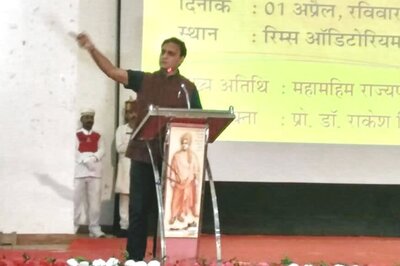
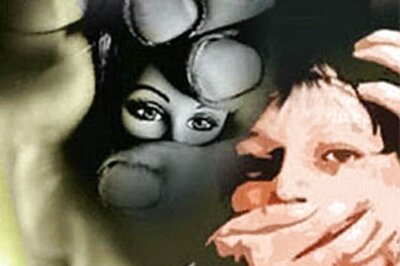
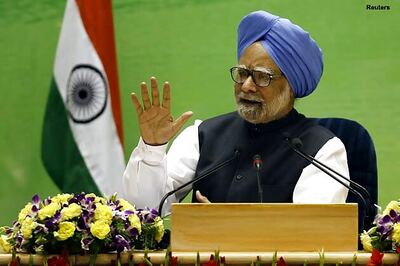

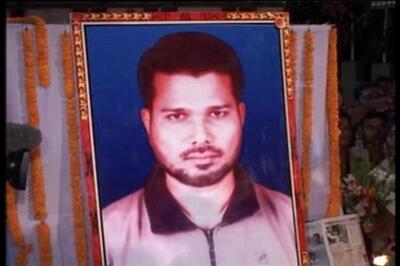

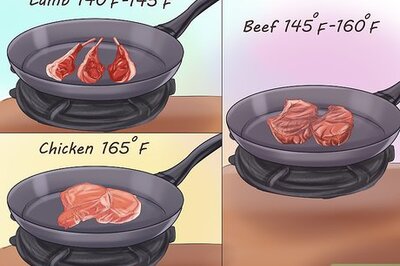
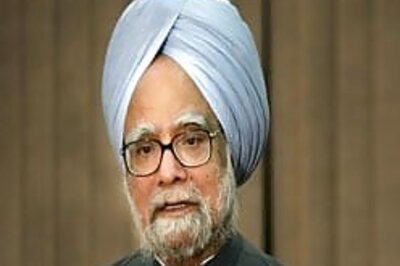
Comments
0 comment